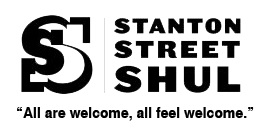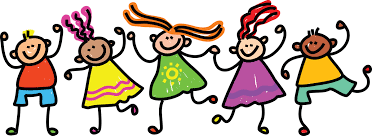
Dear Friends,
The whole of Sefer Devarim recounts the lessons given, and preparations made, by Moses to ready the Jews for a life lived outside of the embrace of the tangible Godly presence in which they’ve been living since their exodus from Egypt. This is especially pronounced in our double parshah of Nitzavim and Vayeilech. Moses starts Nitzavim with a formal renewal of the covenant between God and the Jewish people, solidified by the memory of all of the interactions that God has had with their ancestors and with them in the desert. At the beginning of Vayeilech, having been told that he is not allowed to enter the Land, Moses appoints Joshua as his successor, ensuring that the Jews would not be left without leadership and direction.
Still, the overwhelming focus of both of these parshiyot is the new role of the Torah as the primary conduit through which they will now, and we are still, able to access God’s laws and wisdom. We no longer have a prophet, Moses, to ask questions directly to the Omnipresent when they arise - but we do have a primary document, an accompanying system, and the faculties with which to find solace, direction, and spiritual connection. As we leave the desert, the primary nature of our interactions with the Divine shift, becoming bottom-up.
Nowhere is this shift better presented than in chapter 30 where Moses tells us that “This commandment which I command you this day is not hidden from you, nor is it far away. It is not in heaven, that you should say ‘who shall go up for us to heaven, and bring it to us, that we may hear it, and do it?’ Nor is it over the sea, that you should say, ‘who shall go over the sea for us, and bring it to us, that we may hear it, and do it?’ Rather, it is very near to you, in your mouth, and in your heart, that you may do it.” We can no longer receive explicit answers directly from the Source, and thus we should not wait on them, but rather it falls upon us to seek these answers out.
Within our parshiyot, it is emphasized that this is a heavy and awesome responsibility on our end. That is certainly true but I also want to highlight the extent to which this is an incredible opportunity and privilege. We are taught that the human being is a hybrid being. A grafting of a spiritual soul and a physical body. We are endowed with the power to build and to destroy and we are charged with a certain dominion over the world around us. In this sense, we are partners with God in creation. That partnership now extends even, and especially, into the realm of halacha where we are both required but also empowered to take an active role. Our guiding principles are Divine but, through learning and seeking, it is now our prerogative to work out the details and implementation.
Like parents or mentors, God and Moses have directed us with wisdom and care but the time has come for us to step out into the world and to make a go of it. We will surely miss the security of the cradle, but a full life is not lived within its embrace. We are entreated in verse 19 to choose life. In life, the lessons and guidance which we have been given remain. So too, the memories of those who have given them to us. But we are also given the trust to implement these lessons as best as we can and to the best of our abilities. In a sense, our roles have been written and, all the while, we are also writing them.
Shabbat Shalom,
Rabbi Ben Birkeland










